Physics
Sign up for our newsletter
We summarize the week's scientific breakthroughs every Thursday.
-
 Physics
PhysicsMathematician J. Ernest Wilkins Jr. was a Manhattan Project standout despite racism
Black scientist J. Ernest Wilkins Jr. made nuclear physics calculations that helped build an atomic bomb.
-
 Quantum Physics
Quantum PhysicsPhysicists used LIGO’s mirrors to approach a quantum limit
Using LIGO’s laser beams to reduce jiggling rather than detect gravitational waves, scientists have gotten closer to the realm of quantum mechanics.
-
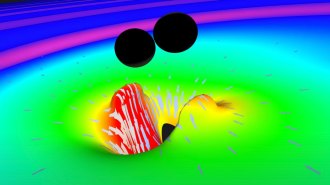 Physics
PhysicsGravitational waves confirm a black hole law predicted by Stephen Hawking
The first black hole merger detected by LIGO affirms that the surface area of a black hole can increase over time, but not decrease.
-
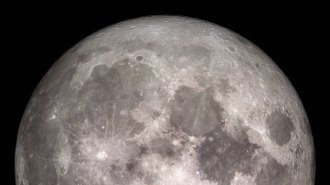 Particle Physics
Particle PhysicsPhysicists dream big with an idea for a particle collider on the moon
A lunar particle collider that dwarfs any such facility on Earth might not be impossible, according to new calculations.
-
 Physics
PhysicsAuroras form when electrons from space ride waves in Earth’s magnetic field
New lab results confirm that auroras are triggered by disturbances in Earth’s magnetic field called Alfvén waves.
-
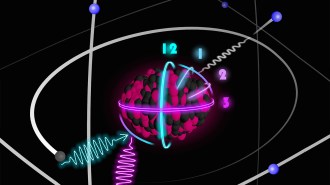 Physics
PhysicsNuclear clocks could outdo atomic clocks as the most precise timepieces
Better clocks could improve technologies that depend on them, such as GPS navigation, and help test fundamental ideas of physics.
-
 Animals
AnimalsThe teeth of ‘wandering meatloaf’ contain a rare mineral found only in rocks
The hard, magnetic teeth of the world’s largest chiton contain nanoparticles of santabarbaraite, a mineral never seen before in biology.
-
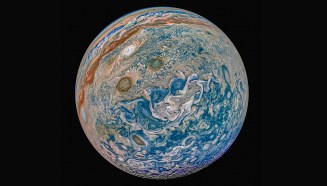 Planetary Science
Planetary ScienceLaser experiments suggest helium rain falls on Jupiter
Compressing a hydrogen and helium mixture with lasers shows that the two elements separate at pressures found within gas giant planets.
-
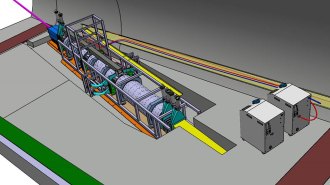 Particle Physics
Particle PhysicsIn a first, neutrinos were caught interacting at the Large Hadron Collider
Despite the LHC’s fame, all its detectors were oblivious to neutrinos. But not anymore.
-
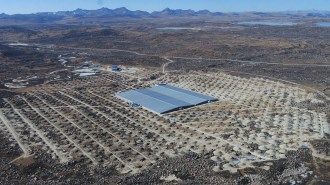 Astronomy
AstronomyRecord-breaking light has more than a quadrillion electron volts of energy
Hundreds of newly detected gamma rays hint at cosmic environments that accelerate particles to extremes.
-
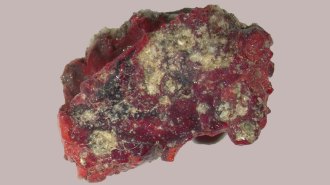 Physics
PhysicsA newfound quasicrystal formed in the first atomic bomb test
Material formed in the wake of the first atomic bomb test contains a strange material that is ordered but that is not a standard crystal.
-
 Astronomy
AstronomyA study of Earth’s crust hints that supernovas aren’t gold mines
Supernovas aren’t the main source of gold, silver and other heavy elements, a study of deep-sea crust suggests.